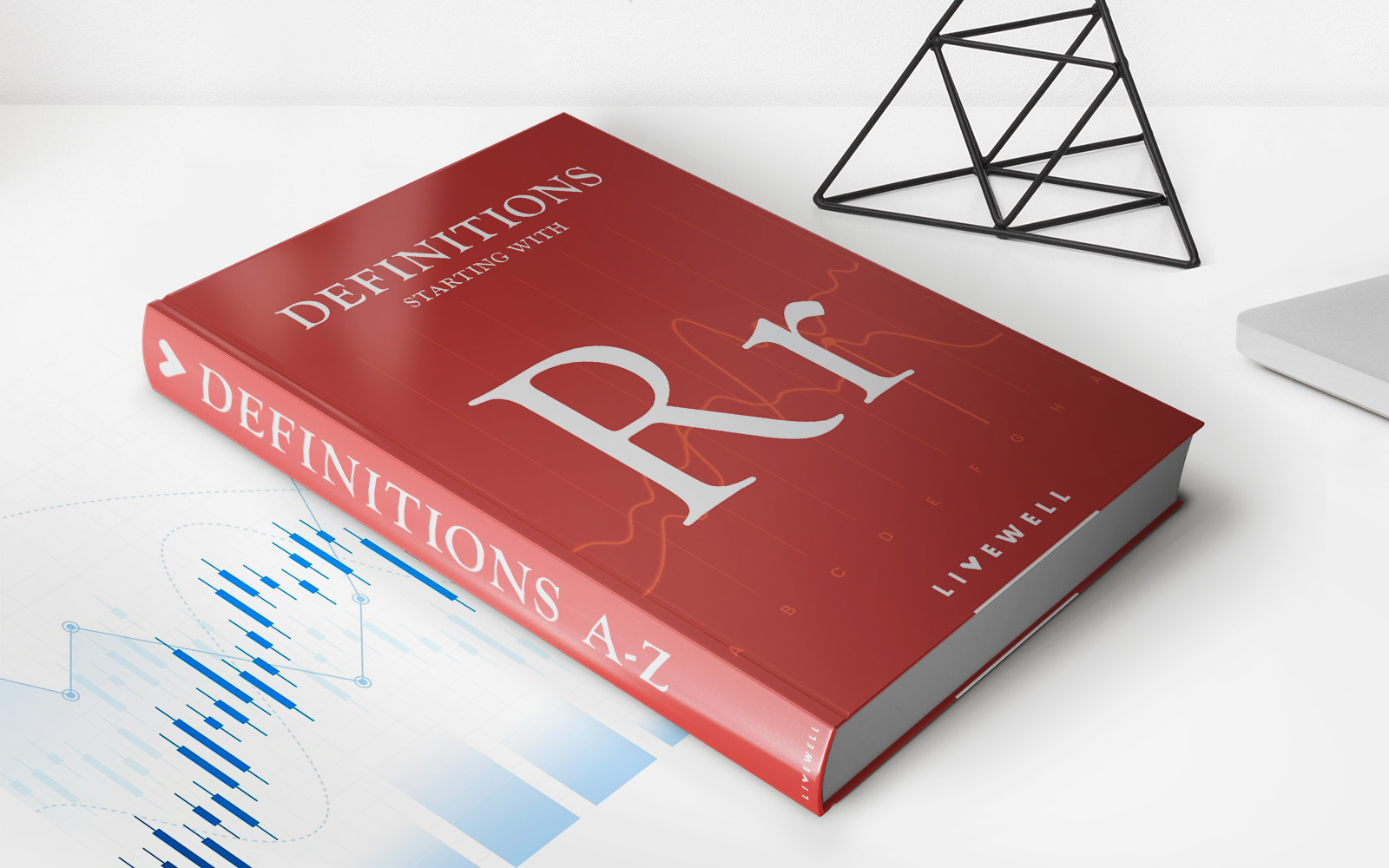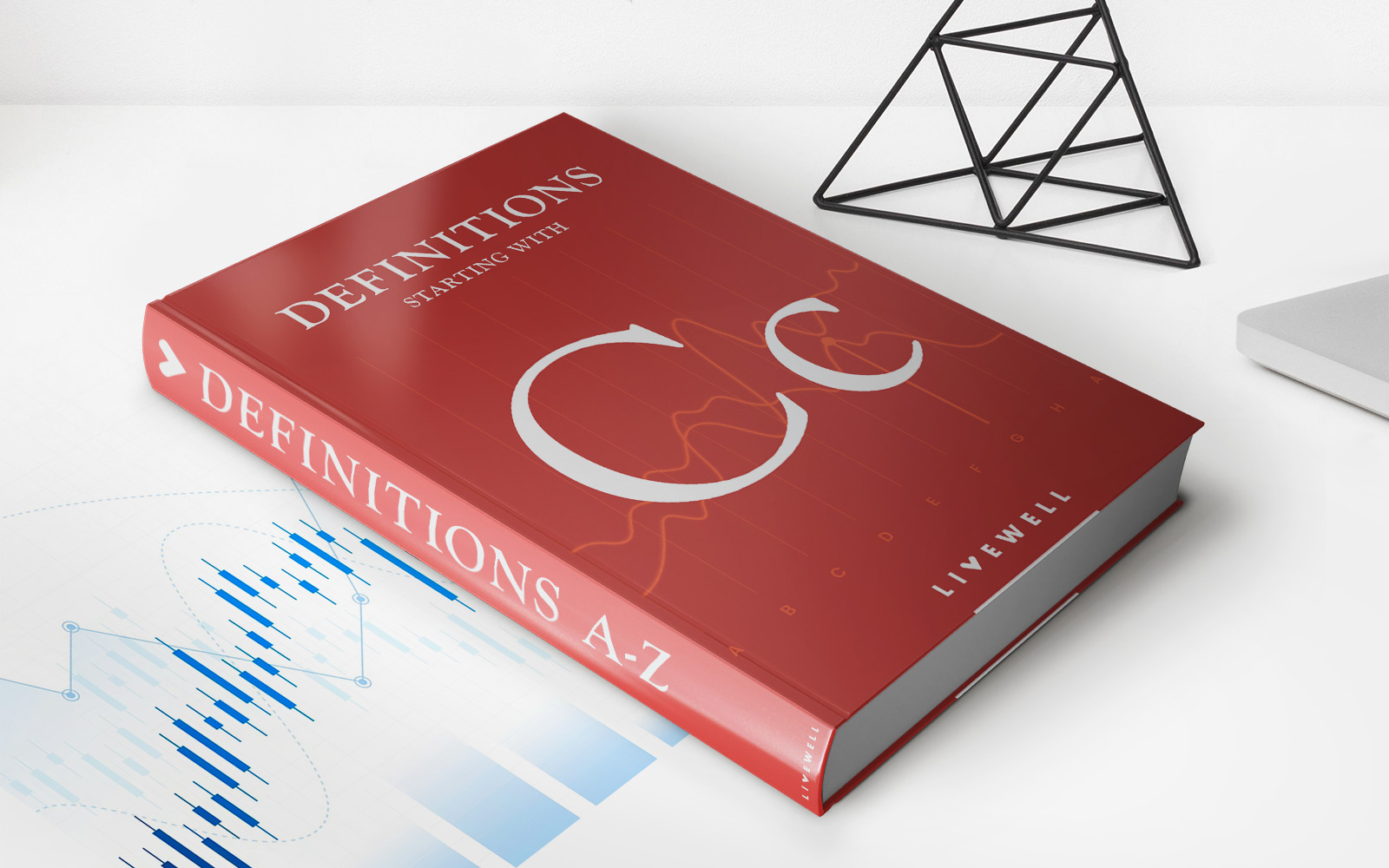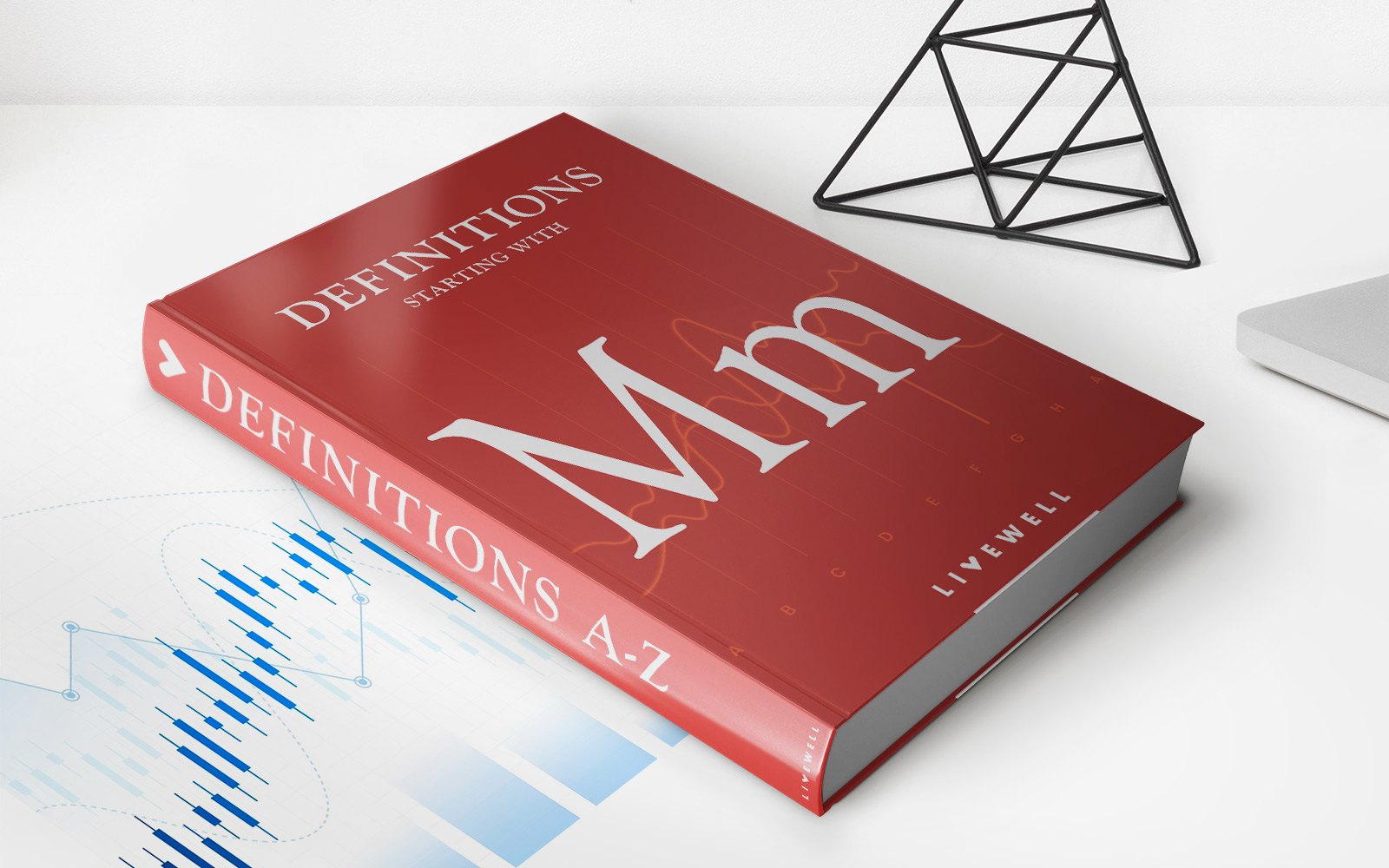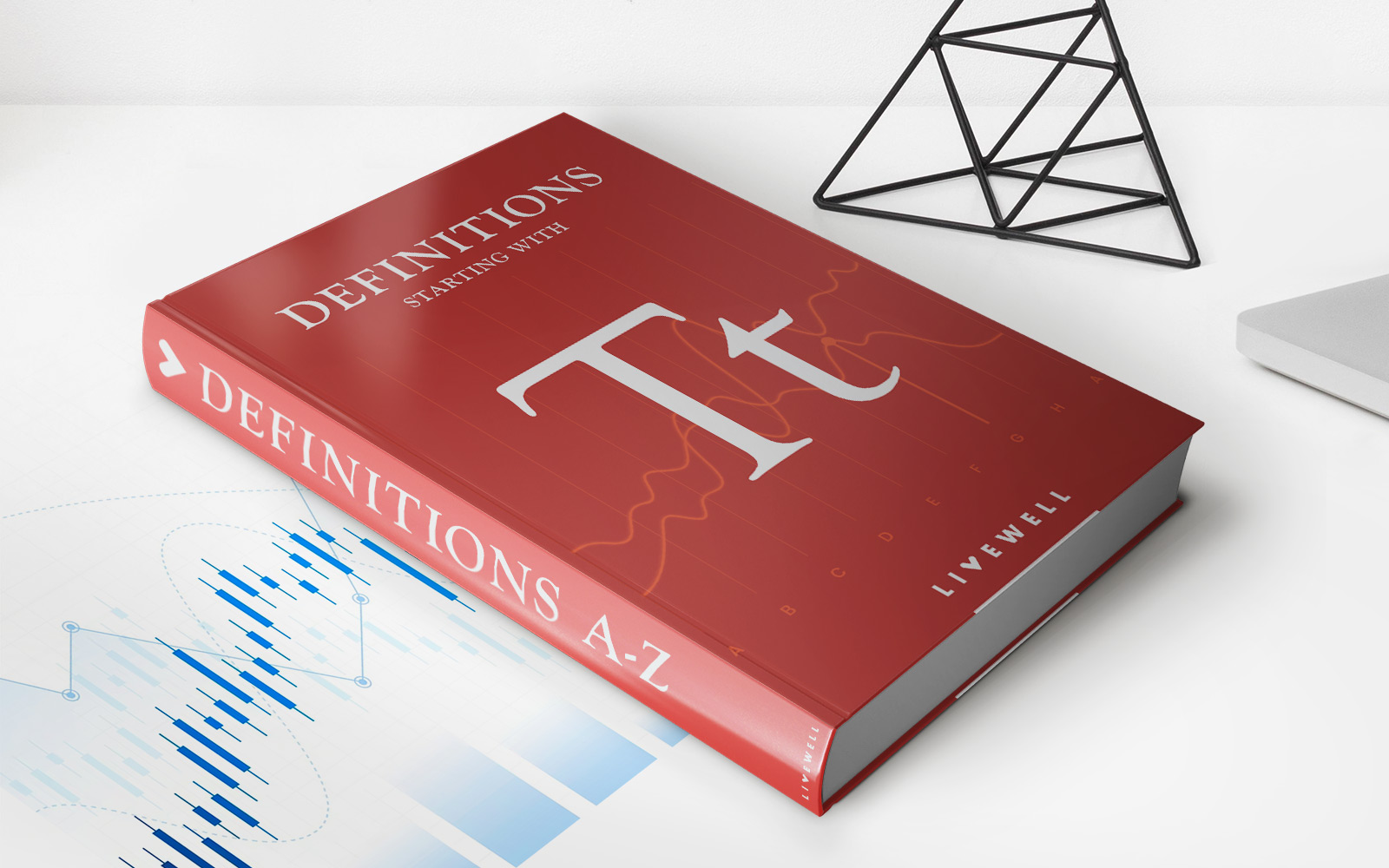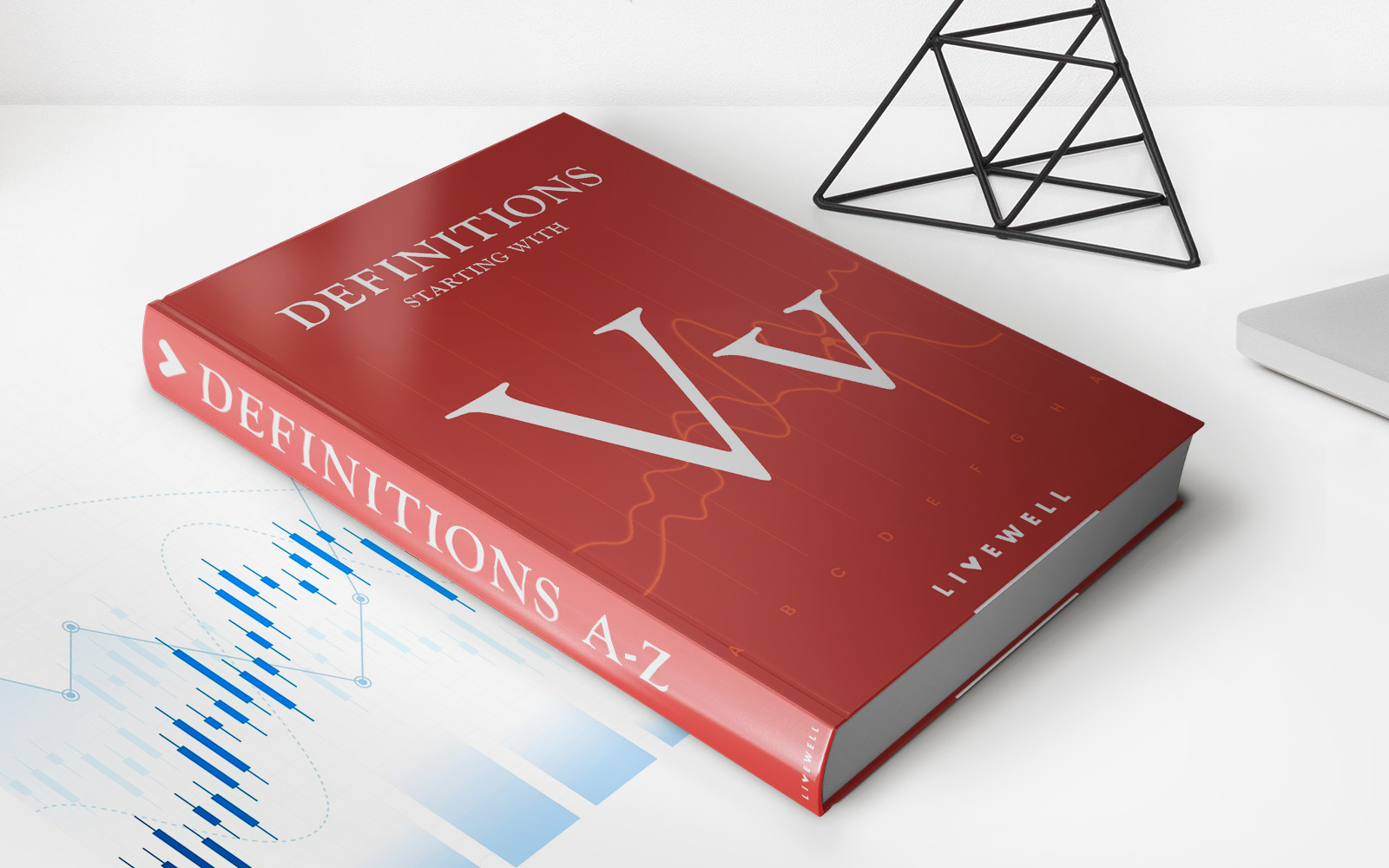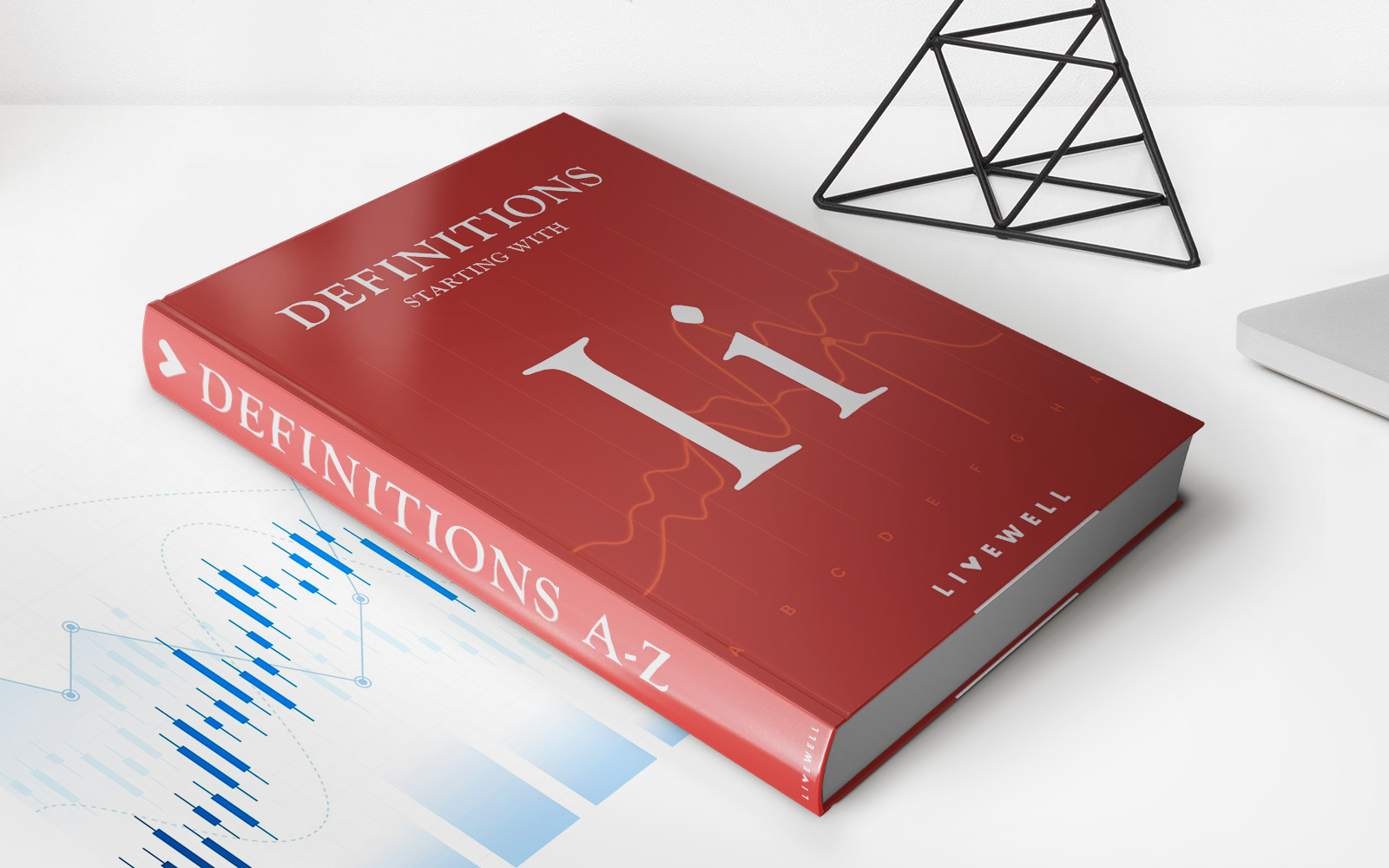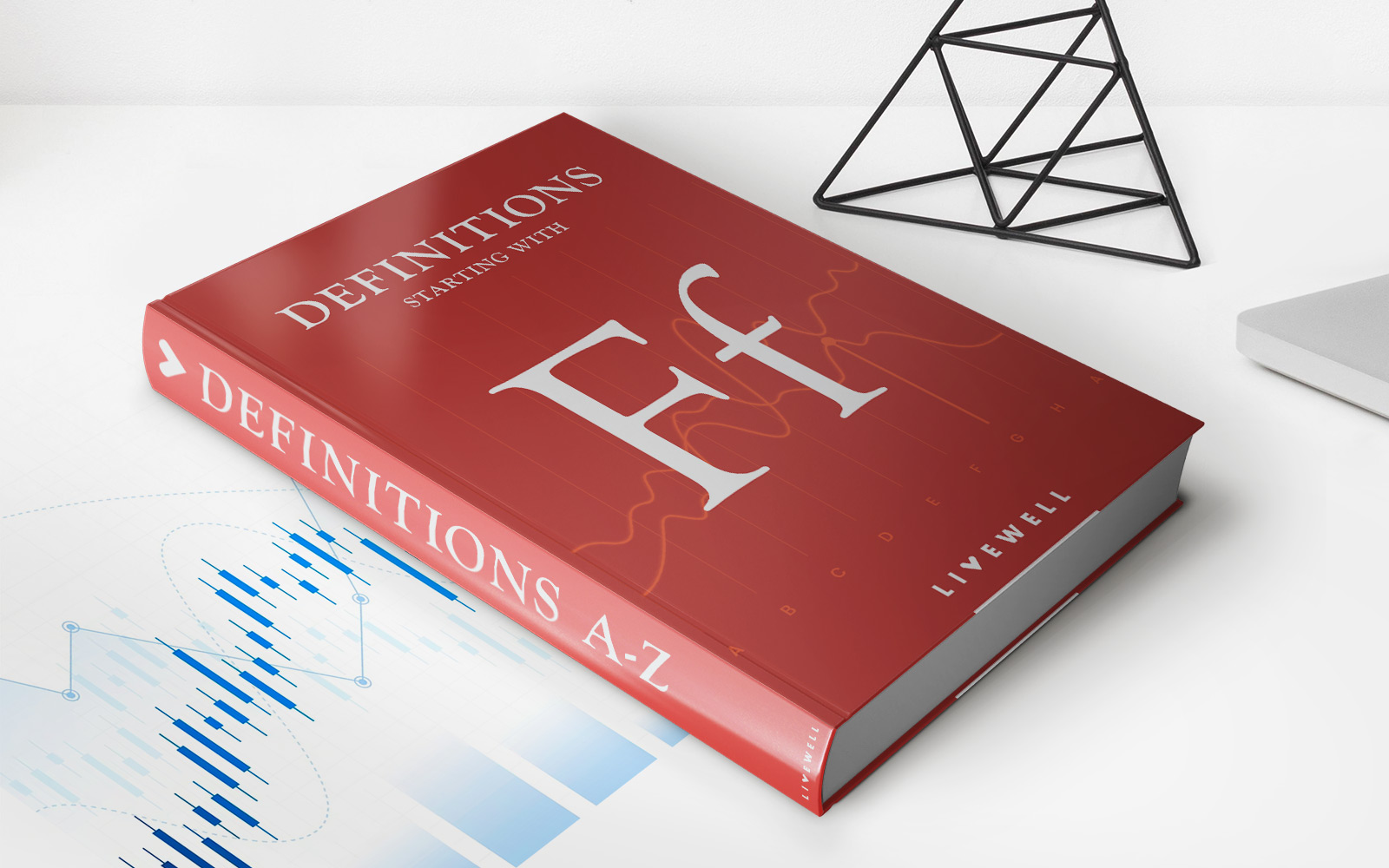Home>Finance>What Is Contract Theory? Definition, How It Works, And Types
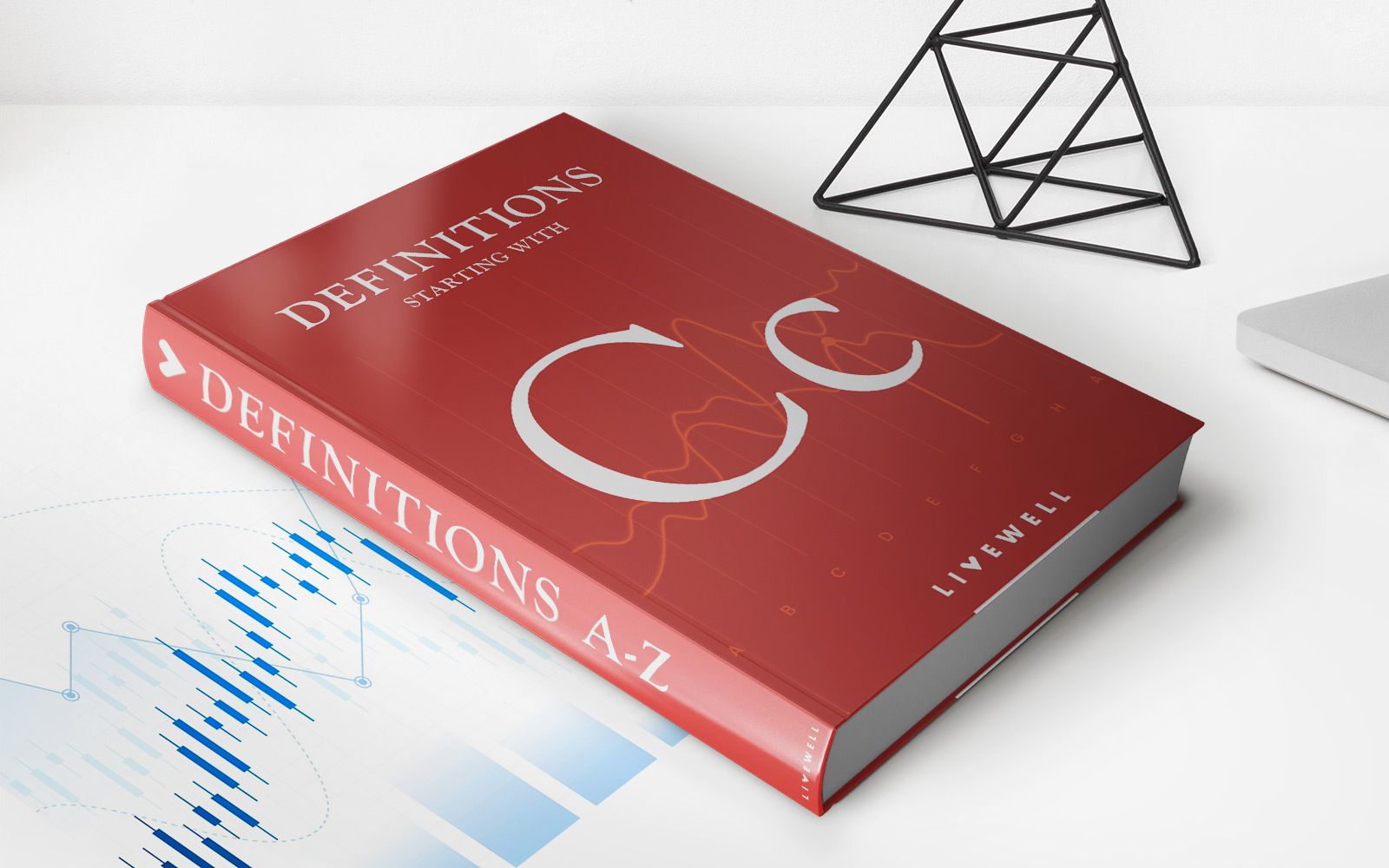

Finance
What Is Contract Theory? Definition, How It Works, And Types
Published: November 2, 2023
Learn the definition and workings of contract theory in finance, including its various types. Gain a comprehensive understanding of this fundamental concept.
(Many of the links in this article redirect to a specific reviewed product. Your purchase of these products through affiliate links helps to generate commission for LiveWell, at no extra cost. Learn more)
What is Contract Theory? Definition, How It Works, and Types
Welcome to our Finance blog! Today, we are diving into the fascinating world of Contract Theory. If you’ve ever wondered about the inner workings of contracts and how they shape various aspects of our lives, you’re in the right place. In this blog post, we will explore the definition of contract theory, how it works, and the different types of contracts that exist.
Key Takeaways:
- Contract theory explores the design and analysis of contracts.
- It aims to provide insights into how contracts can be structured to maximize desired outcomes.
Defining Contract Theory
Contract theory can be defined as a branch of economics that examines the ways in which agreements, known as contracts, are designed and structured. It seeks to understand the optimal mechanisms for creating agreements that align the goals and incentives of multiple parties involved.
Contract theory takes into account various factors, such as information asymmetry, transaction costs, risk, and the use of incentives, to analyze how contracts can be constructed to promote efficient and mutually beneficial outcomes. It is an essential concept that influences a wide range of fields, including business, law, economics, and finance.
How Does Contract Theory Work?
Contract theory works by analyzing the different elements and considerations involved in creating contracts. These elements include:
- Contract Design: Contract theory focuses on the optimal design of contracts to incentivize desired behavior and minimize potential conflicts of interest.
- Information Asymmetry: In many contractual arrangements, one party may possess more information than the other, leading to an imbalance of power. Contract theory explores mechanisms to mitigate this imbalance and encourage transparency.
- Incentives and Risk: Contracts involve risks and rewards. Contract theory examines how contracts can be structured to align incentives and distribute risks appropriately among the parties involved.
- Enforcement: Contract theory also considers the enforcement of contracts and mechanisms to resolve disputes when they arise.
Types of Contracts
There are various types of contracts that exist, each serving different purposes and contexts. Some common types include:
- Employment Contracts: These contracts define the terms and conditions of employment between employers and employees, such as salary, working hours, and benefits.
- Consumer Contracts: Consumer contracts are agreements between consumers and businesses for the purchase of goods or services, specifying the rights and obligations of both parties.
- Business Contracts: Business contracts encompass a wide range of agreements, including partnerships, joint ventures, and supply agreements, aimed at defining the relationships and responsibilities between businesses.
- Real Estate Contracts: These contracts involve the buying, selling, or rental of real estate properties.
- Financial Contracts: Financial contracts, such as loans, insurance policies, and derivatives, facilitate transactions and manage financial risks.
These are just a few examples, and contracts can be found in almost every sphere of life. Understanding the different types of contracts and their implications is crucial in navigating legal and business environments effectively.
Conclusion
Contract theory provides valuable insights into the design and analysis of contracts. By understanding the principles of contract theory, individuals and businesses can create agreements that maximize desired outcomes, align incentives, and mitigate risks. Whether you’re entering into an employment contract, purchasing goods, or starting a business partnership, having a grasp of contract theory will help you make informed decisions and negotiate better terms. Keep exploring the fascinating realm of finance with our blog!
